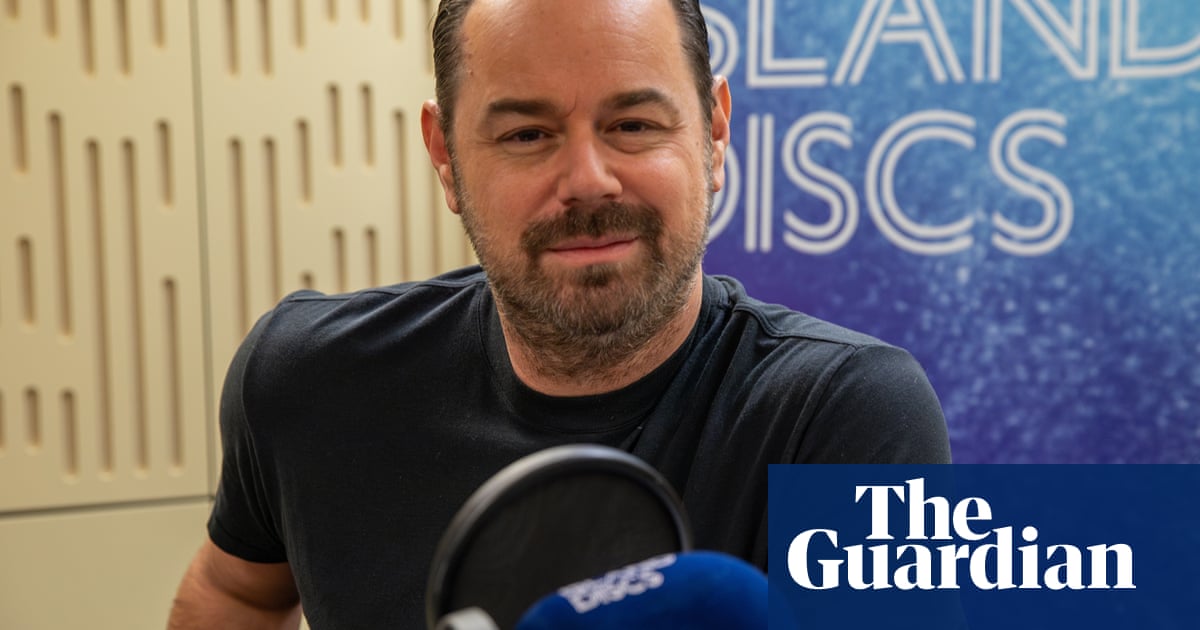The actor Danny Dyer said the death of his mentor, the Nobel prize-winning playwrightHarold Pinter, triggered a “spiral of madness” in his life.
Speaking to BBC Radio 4’s Desert Island Discs, Dyer reflected on how he had stayed at Pinter’s home while performing inhis play Celebration. The play opened at London’s Almeida theatre in 2000, before transferring to the Lincoln Center in New York.
Dyer, 47, opened up about how during one performance he forgot his lines and suffered an anxiety attack, having been out the night before.
Devastated at the thought of disappointing Pinter, he remembered the playwright’s kindness. “He put his arm around me,” he said, “and made me feel better about it.”
Reflecting on his death in 2008, he added: “I hadn’t spoke to him in a while. I did go off the rails for many years and I found out by looking on the front of a newspaper.
“Again, I’d been on a bender and I was coming home and I was going, I think I was going to buy cigarettes at the petrol garage, and I see it in the paper: ‘Pinter dead’.
“This really sent me on a spiral of madness, really. The guilt of not being around him any more and just being lost, I was a bit of a lost soul, and again, angry at the world.”
In April, Deadline reported that Dyer was developing an idea for a play about his relationship with Pinter, whom he referred to as his “mentor”.
Dyer, who had his breakthrough in the 1999 film Human Traffic, also reflected on some of the documentaries he had made earlier in his career.
In the 00s, the actor presented the TV series Danny Dyer’s Real Football Factories andDanny Dyer’s Deadliest Men.
“I’d made a few films and I just wasn’t getting paid any money, and I was desperate to get on to the property ladder”, he said. “I was still living in a council estate at Custom House, living with my daughter [Dani] and [wife] Jo, and it’s like, well, I’m famous, but I’m still living on a council estate.
“And so then my house became a bit like Stonehenge, my little flat, and people would just stand outside waiting for me.”
He continued: “So I got offered to do a documentary with a real football veteran and I couldn’t believe the money they was offering me, I thought, ‘Oh, wow’,” he said.
“Now I hated it, because I didn’t have a script, it was me on my own interviewing people, and interviewing dangerous people, by the way, but it got me on the property ladder.”
Dyer’s episode ofDesert Island Discswill air at 10am on Sunday on BBC Radio 4.
